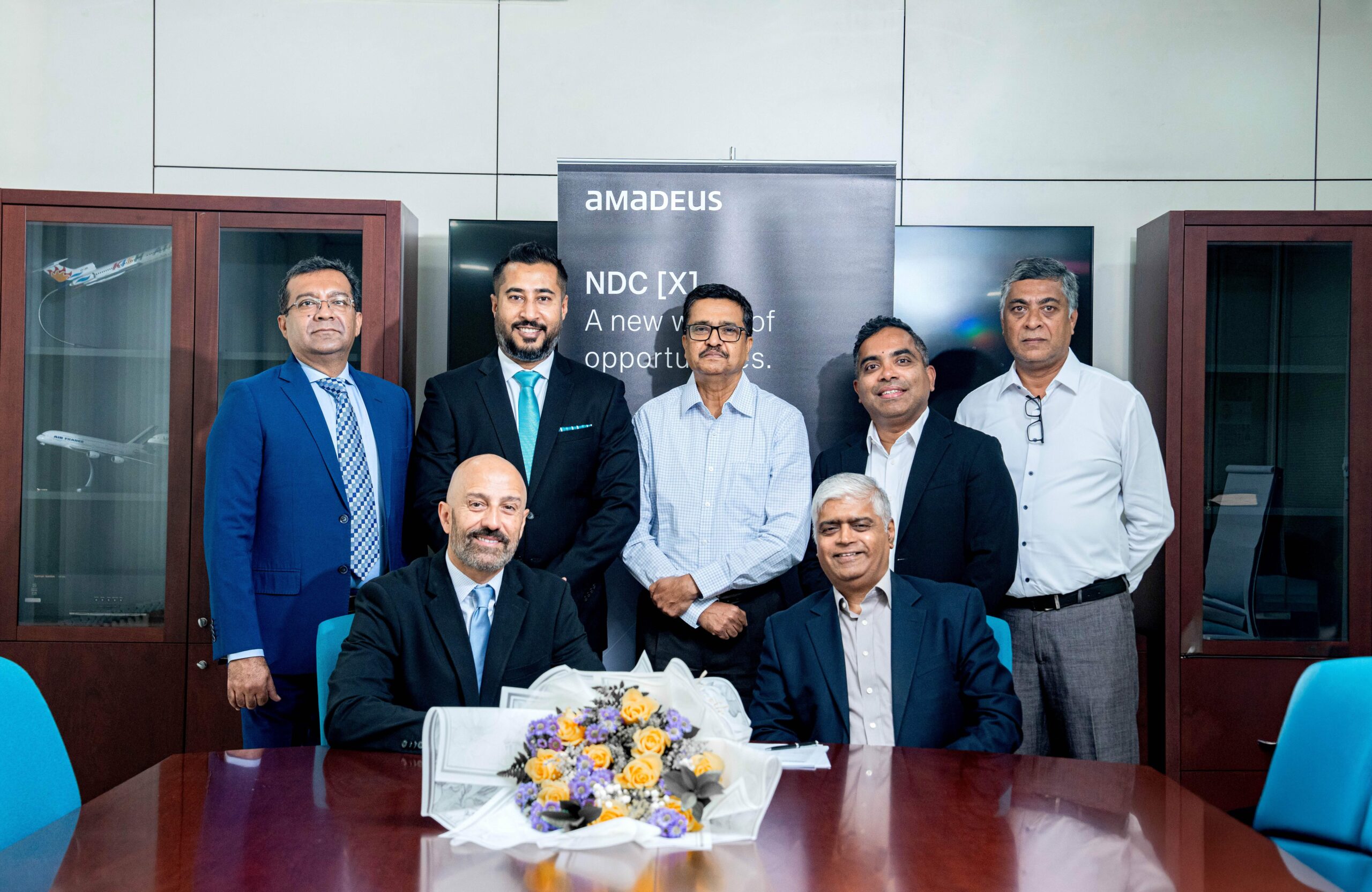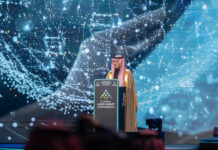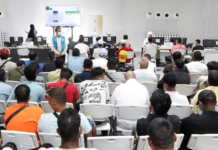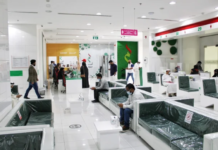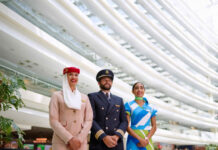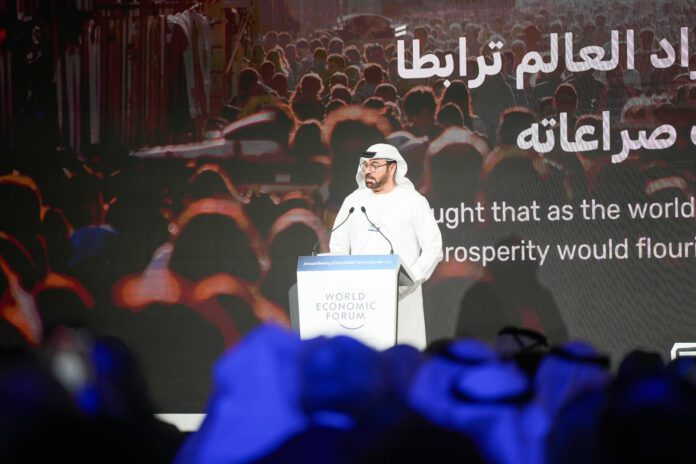
By Anthon Garcia
Year after year, the Annual Meeting of the Global Future Councils (AMGFC) convenes the world’s foremost top leaders from the business, government, academia, international organizations, and civil society to discuss pressing issues that are shaping the economy of today and tomorrow.
Its 2024 edition, held from October 16 to 17 in Dubai, UAE, saw 500 interdisciplinary experts from 80 nations come together to tackle a wide range of critical issues. One of the topics discussed is intelligent economies and how they emerge as a game-changing approach to the development of countries worldwide.
The World Economic Forum (WEF) notes that intelligent economies “boil down to mastering the latest technology in the most effectively self-serving way.” In today’s context, it’s about leveraging Artificial intelligence (AI), 5G+, and the Internet of Things (IoT), among others, to drive the economy forward.
How transformative is AI
AI’s critical role in advancing economies cannot be denied.
According to a recent report by the International Data Corporation (IDC), global business spending on AI — whether it’s adoption, boosting operations, or improving products and services — will have a cumulative impact of $19.9 trillion by 2030. Ultimately, it will account for 3.5 percent of the global GDP.
In one session of AMGFC titled “Keeping AI on Track”, Erik Brynjolfsson, director of the Digital Economy Lab at Stanford University, delved into the latest AI developments and how they are influencing the global economy.
As he emphasized, AI is the most transformative technology since the Industrial Revolution. But not one to entirely replace humans, he calls it a “general-purpose technology” that can enhance productivity by assisting people in certain tasks.
“A job is a bundle of different tasks. AI can help with some of them,” he noted. For instance, radiologists can tap AI’s help for imaging. Despite the AI boom, the demand in the field of radiology even tripled between 2016 and 2022.
Brynjolfsson urged policy-makers and leaders to expand their view on AI. “The bigger opportunity is to augment; use AI to increase what people can do,” he noted.
“This is not just the time to be playing around with technologies. You need to look at ways to deliver real business value, real economic value, real value for your countries,” he further stated.
AI adoption is imperative
In a separate session, “Skills in the Age of AI”, Jo O’Driscoll-Kearney, the chief learning officer at Majid Al Futtaim Holding, pointed out the need to adapt.
As AI reshapes the global job market, businesses predict that nearly half of workers’ core skills will be disrupted by 2027. Hence, it’s imperative for people and organizations to bridge skill gaps and prepare for the evolving economy.
“We don’t know exactly where it is going. Job creation will hinge on people’s ability to adapt, pivot, and embrace change,” O’Driscoll-Kearney enthused.
Meanwhile, Nela Richardson, chief economist and ESG officer at ADP, zeroed in on the human-centered approach to AI. She said, “The best AI keeps a person at its core, guiding and enhancing their abilities.”
Though AI adoption is inevitable, Stuart Russell, professor of computer science at the University of California, Berkeley, stated that there would be a difference in how quickly AI will disrupt jobs, and its influence is already noticeable in many sectors.
In a report published earlier in April, the WEF pointed out the need for policy-makers to “skills-based training with the AI-infused economy in mind.”
Currently, the education market still lacks adequate initiatives and investments dedicated to emerging technologies, such as cognitive computing, machine learning, and robotics. The market, estimated to be worth over $7 trillion by 2027, must integrate more of these technologies to equip tomorrow’s workers with the capabilities to thrive and contribute better to the economy.
What lies ahead in an innovation-driven economy?
What all these realities present is that AI is paving a new pathway through which global economies can grow. And these advancements not only offer economic benefits but also pose critical questions about how societies can adapt to and harness the transformative potential of these technologies.
“The Nexus of Innovation” was one of the sessions at AMGCF that discussed how foundational technology domains are converging to create new opportunities. The panelists — composed of Chantal Shen, chief scientist of Synthetic Biology at BGI Research; Hoda Al Khzaimi, director of the Center for Cybersecurity at New York University Abu Dhabi; Azeem Azhar, CEO of Exponential View; and Freeke Heijman — talked about how breakthroughs in fields like quantum computing, robotics, and AI are driving change across industries. Together, these technologies are not only advancing on their own but also amplifying each other’s impact.
Meanwhile, the session “Accelerating Development in the Intelligent Age” saw panelists Megan Palmer, the director of the International Genetically Engineered Machine Foundation, and Masood Ahmed, the president emeritus of the Center for Global Development, discuss safeguarding innovation and economic growth. They underscored the importance of securing both — all while addressing today’s challenges, such as climate emergencies and geopolitical tensions.
“The age of intelligence is allowing us to go higher. But it is wisdom that will enable us to decide where we end up in the age of intelligence. Intelligence gives us the possibilities, but wisdom will tell us whether we are able to use it or not,” Ahmed remarked, stressing that, ultimately, it’s still about human insight that will dictate how we harness these technologies for the greater good.
Ahmed further noted that in an innovation-driven economy, those who are well-prepared and adaptable will find abundant opportunities.
“No matter where the world economy ends up, how individual countries will do, how individual companies will do, and how individuals themselves will do can be quite different, and that in itself is going to be driven by how prepared, capable, and healthy they are to take advantage of the opportunities that will be there in the world economy and of the risks that they will need to navigate as they work their way through,” he concluded.

